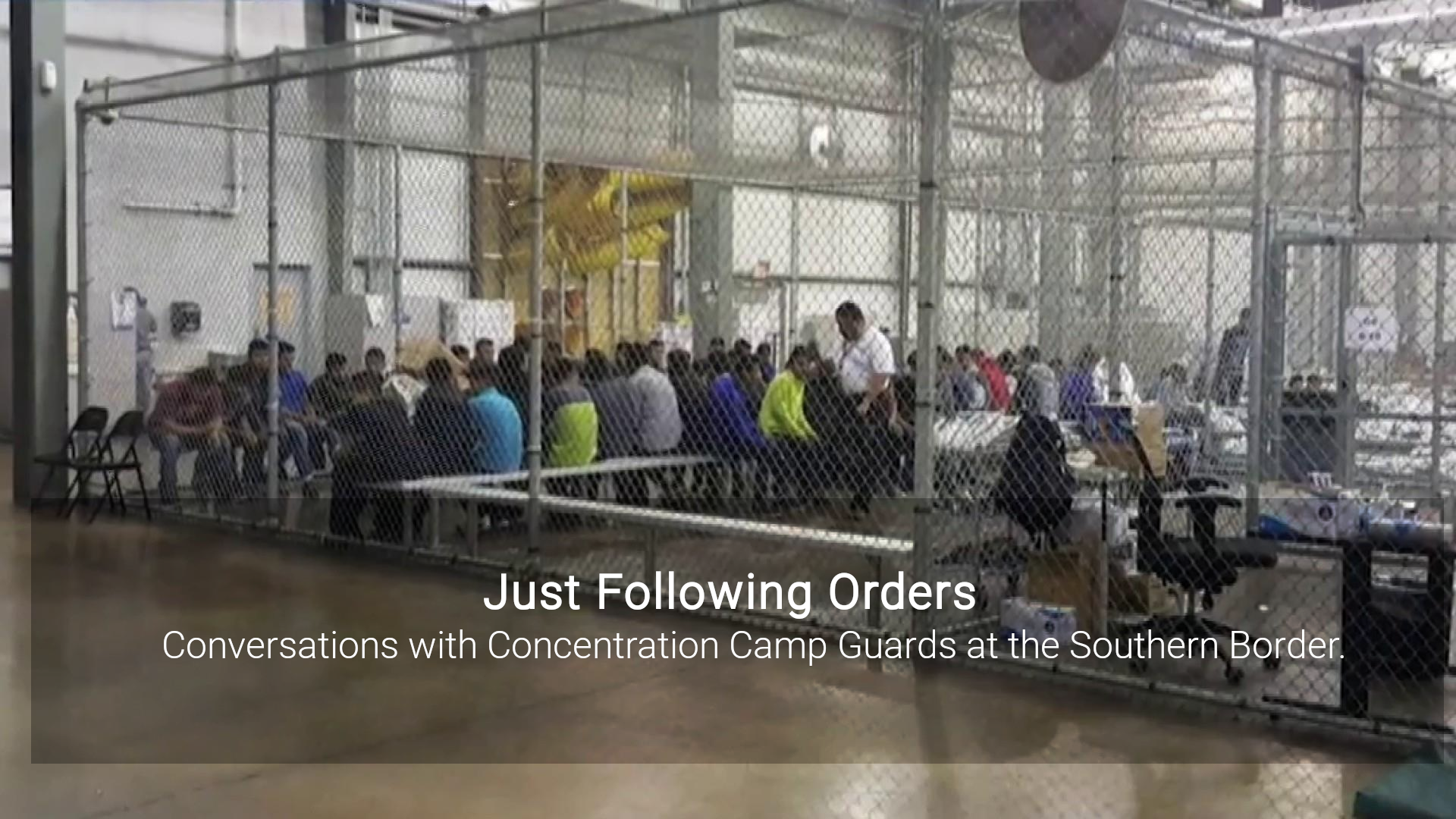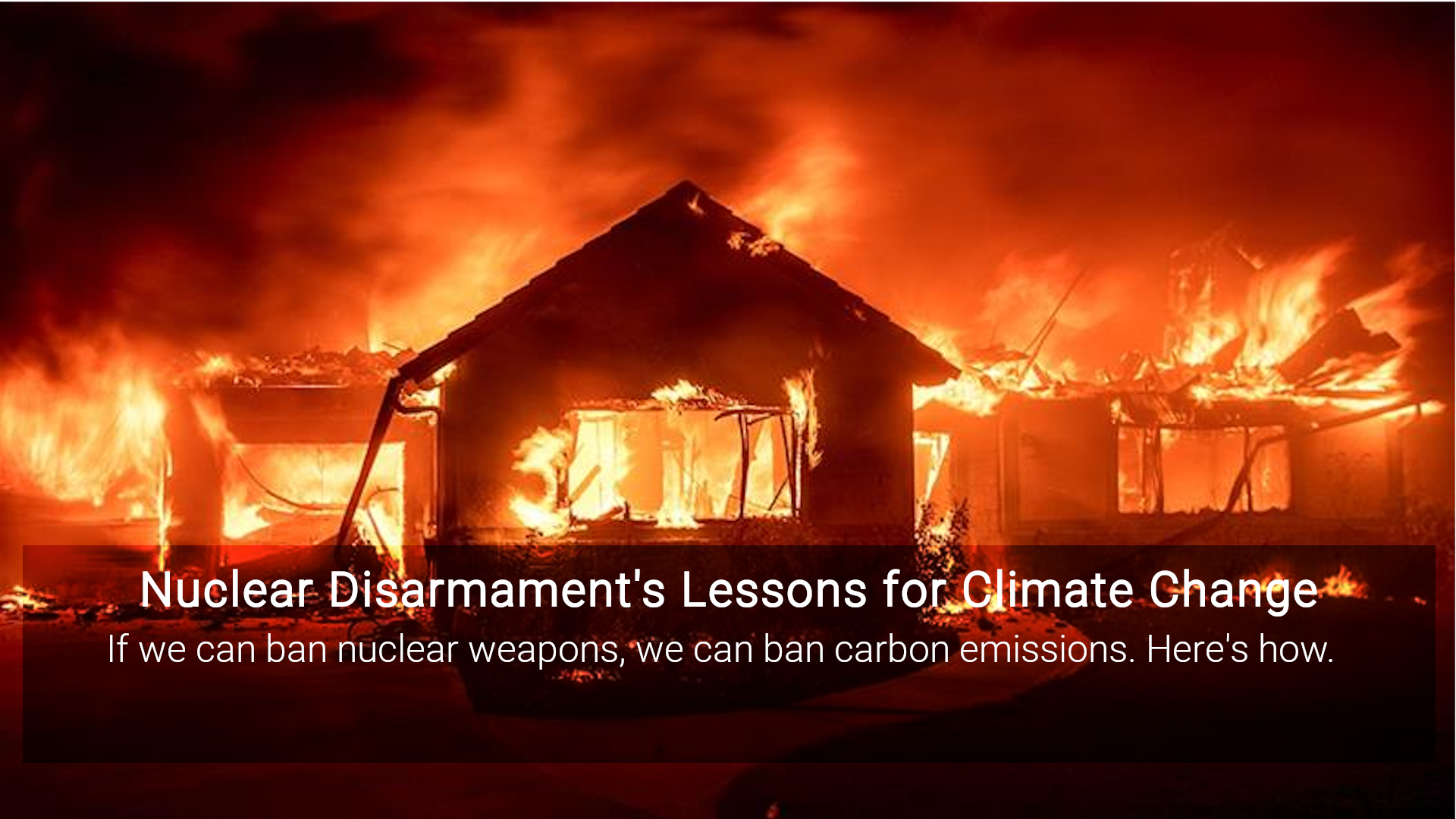
About
Charli Carpenter is Professor in the Department of Political Science and Legal Studies at University of Massachusetts-Amherst specializing in international law and human security, and Director of Human Security Lab, an interdisciplinary initiative focused on science in the human interest. Her teaching and research interests include the protection of civilians, laws of war, humanitarian affairs, humanitarian disarmament, global advocacy networks, political violence, and the role of pop culture in global security. She has published three books and numerous journal articles, held fellowships at the Peace Research Institute of Frankfurt, Oakley Center, and Harvard Kennedy School’s Belfer Center for Science and International Affairs, has served as a consultant for the United Nations, State Department, Department of Defense, and human rights NGO community, is a bi-weekly columnist at World Politics Review, and regularly contributes to Foreign Policy and Foreign Affairs. In addition to teaching and research, Professor Carpenter spends her time parenting, traveling, arguing with concentration camp guards, kayaking, snowboarding, and rescuing spiders.
Essays
Presentations
Books
“Lost” causes
Why do some issues and threats―diseases, weapons, human rights abuses, vulnerable populations―get more global policy attention than others? How do global activist networks decide the particular causes for which they advocate among the many problems in need of solutions? According to Charli Carpenter, the answer lies in the politics of global issue networks themselves. Building on surveys, focus groups, and analyses of issue network websites, Carpenter concludes that network access has a direct relation to influence over how issues are ranked. Advocacy elites in nongovernmental and transnational organizations judge candidate issues not just on their merit but on how the issues connect to specific organizations, individuals, and even other issues.
Forgetting Children Born of War
Sexual violence and exploitation occur in many conflict zones, and the children born of such acts face discrimination, stigma, and infanticide. Yet the massive transnational network of organizations working to protect war-affected children has, for two decades, remained curiously silent on the needs of this vulnerable population. Focusing specifically on the case of Bosnia-Herzegovina, Carpenter shows that the social construction of rights claims is contingent upon the social construction of wrongs. According to Carpenter, this pathology prevents the full protection of children born of war.
Innocent Women and Children:
Examining the influence of gender constructs on the international regime protecting war-affected civilians, R. Charli Carpenter examines how in practice belligerents, advocates and humanitarian players interpret civilian immunity so as to leave adult civilian men and older boys at grave risk in conflict zones. Providing a wealth of ground-breaking case studies, the author argues that in order to understand the way in which laws of war are implemented and promoted in international society we must understand how gender ideas affect the principle of civilian immunity.















